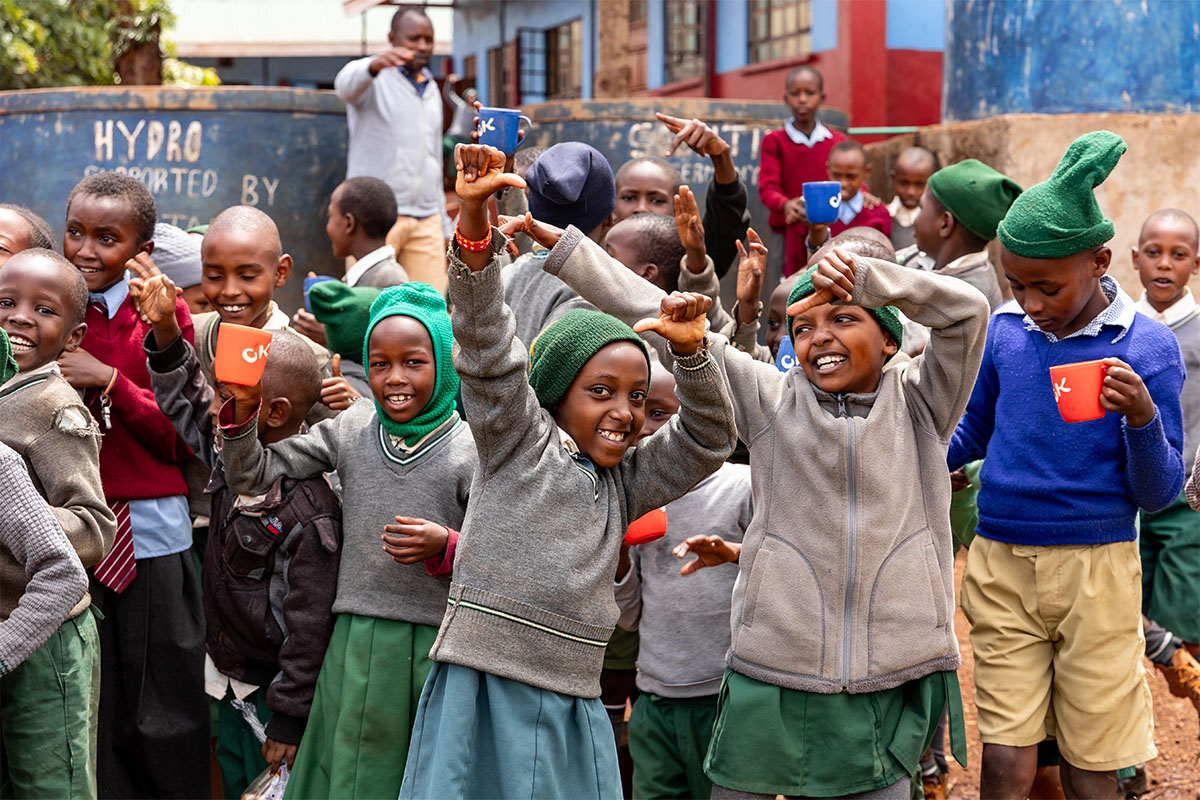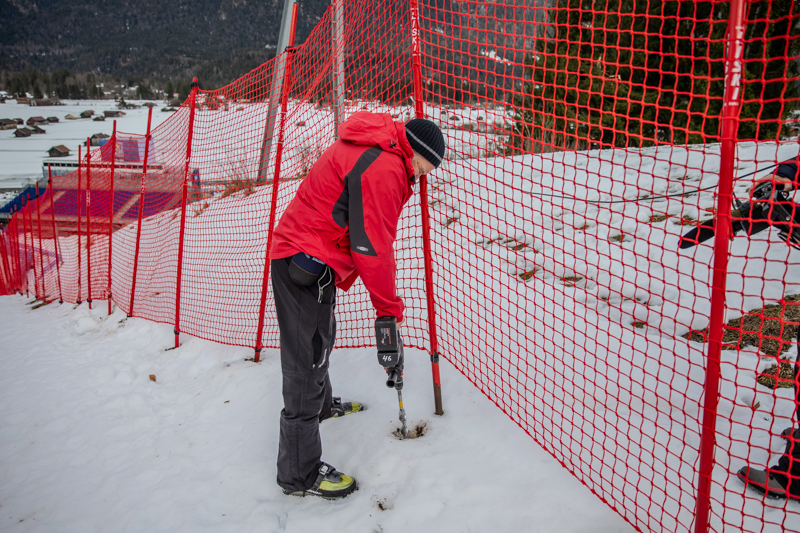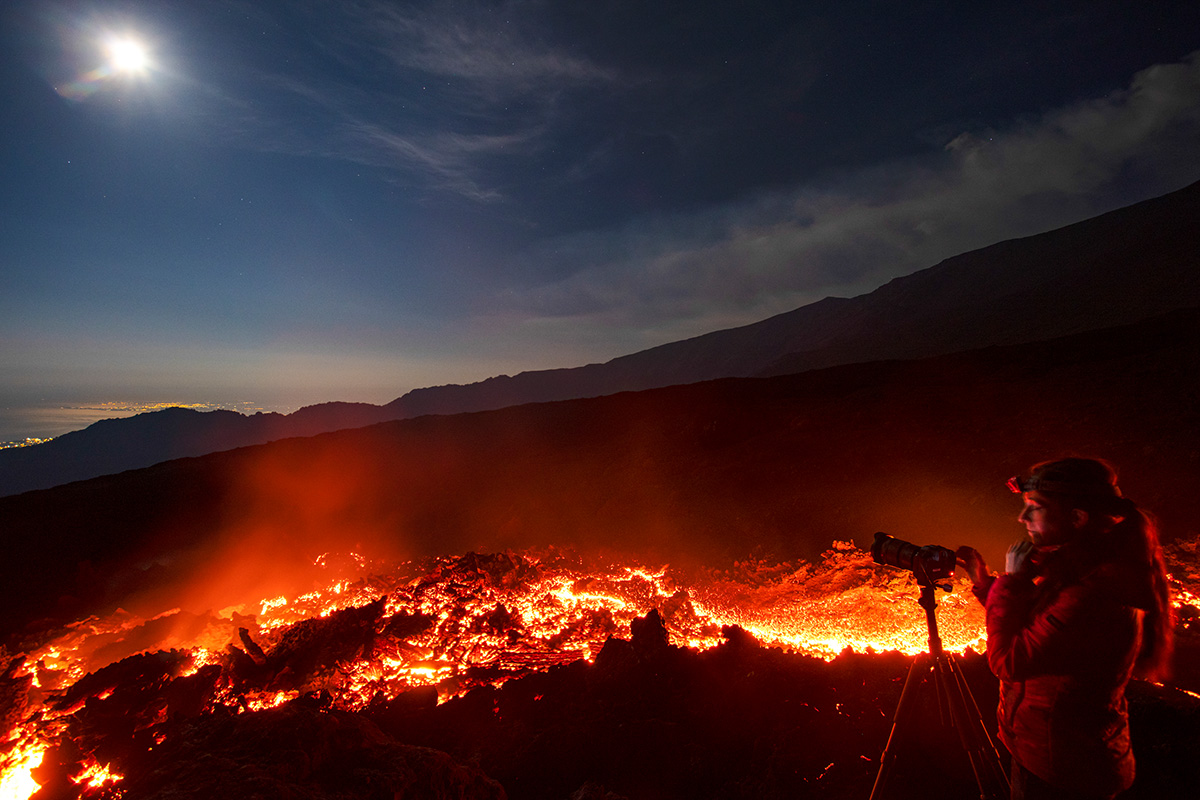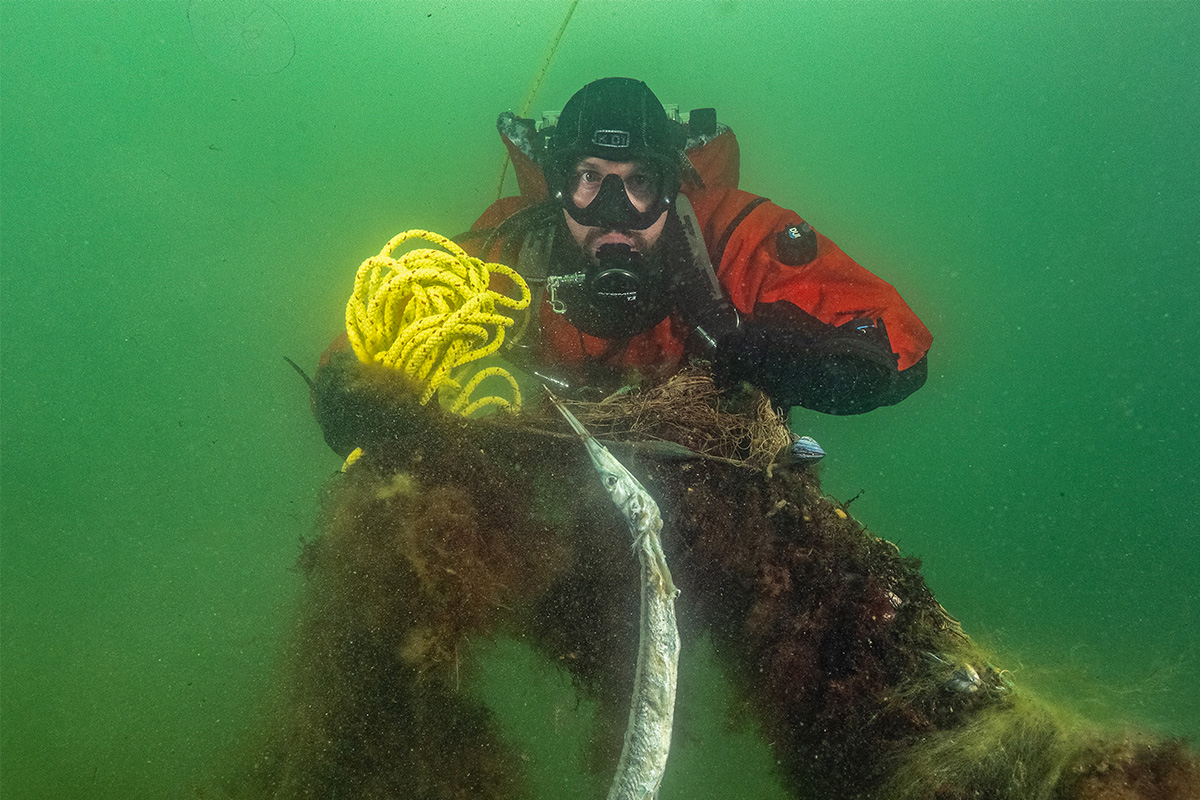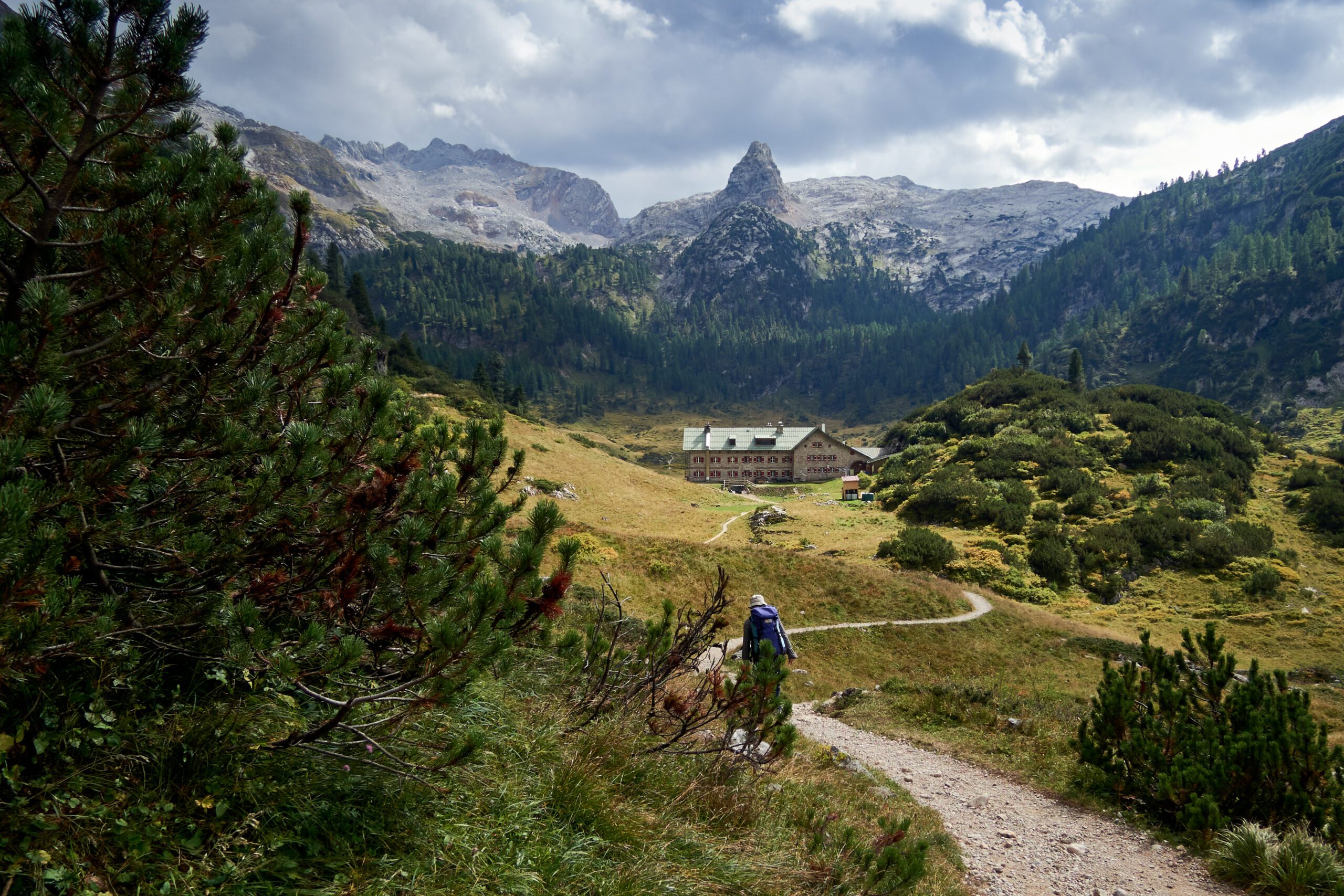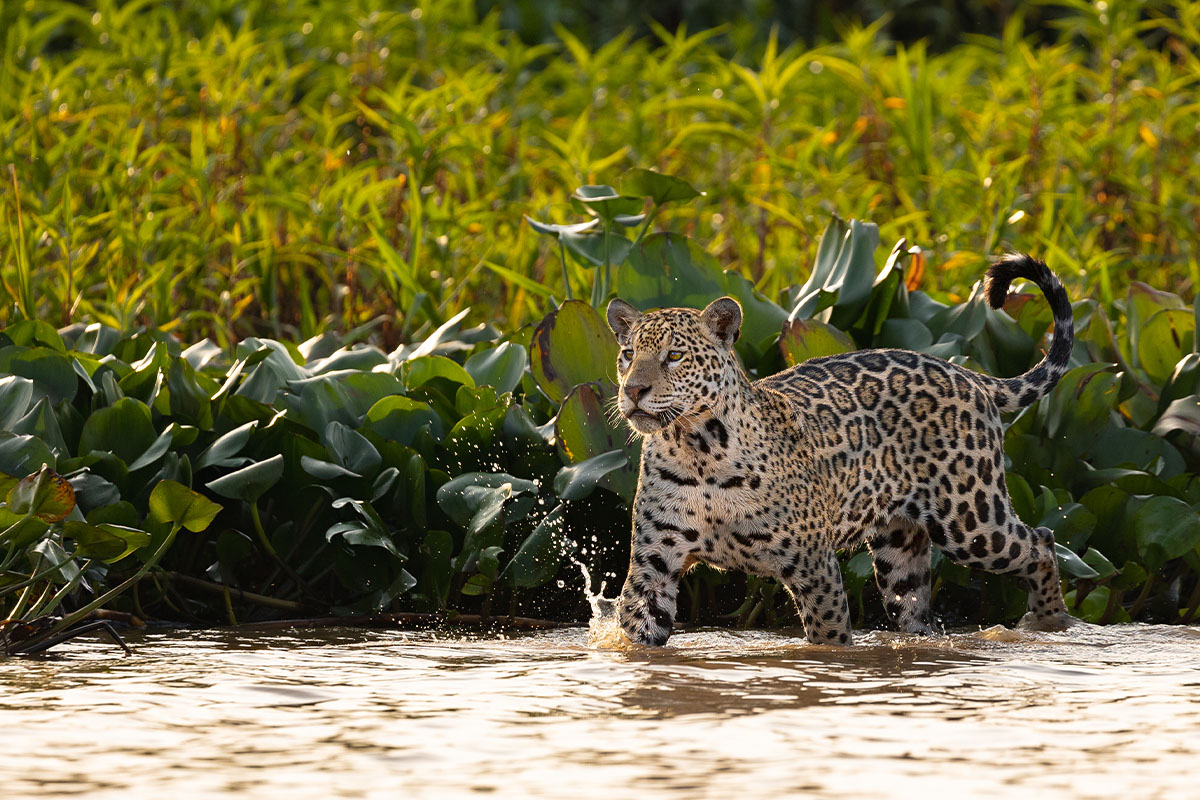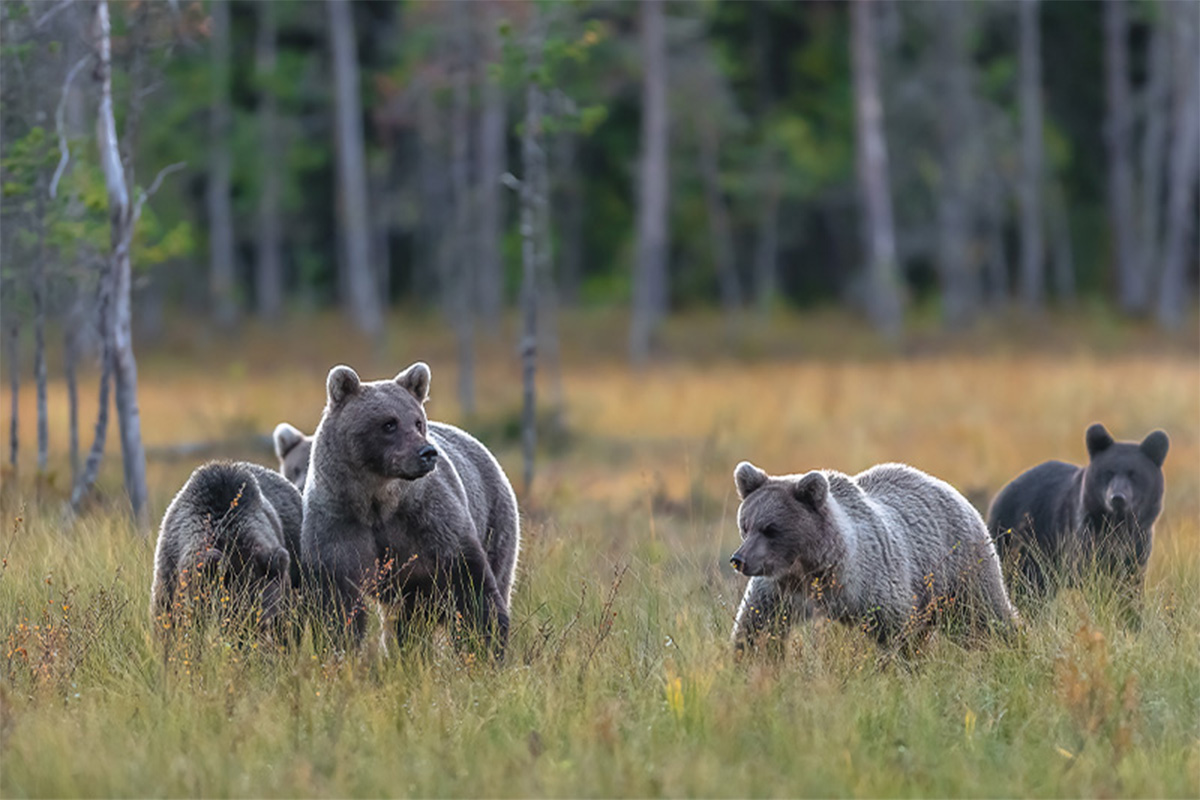Two nations, one mission: HydroSolution builds filters to purify water in Kenya. The last visit from Germany was four years ago. Now, as many as 41 filters need to be serviced in two weeks. Will the team make it?
A child is kneeling on the ground, collecting river water in a canister. The water is cloudy and full of germs. Drinking it means making yourself sick. Diseases that have been all but eradicated in Germany are still widespread in Kenya, preventing children from going to school and, in the worst cases, costing them their lives. But there is hope: HydroSolution.
Solving a Problem together
Nina Dötterl lives a ten-hour flight from Kenya. What is her connection to the African country? A water filter. The 30-year-old is the CEO of HydroSolution, an association that was founded seven years ago. “I never expected this to get so big,” she admitted proudly. HydroSolution’s work has given nearly 26,500 people access to clean drinking water. Started as a student project, the association today consists of twelve German volunteers working with seven Kenyan members. Their joint vision is to keep the project running permanently. “This can only work when everyone is all in,” said Nina. That is why the German team traveled to Kenya for a big reunion this year. When they left four years ago, only three large filter systems were in operation. This number has since grown to 44. The pandemic did not stop the Kenyan team: On their own, they set up the additional 41 new filter systems at schools across the region.
Edgar Parmuat is one of them. He feels honored to be a member of HydroSolution. Before he joined the project, he worked as a driver – a sought-after job in some African countries, where only few can afford their own car. Demand for driving services is high, so the work provides a stable income. As he drove the German team from school to school during their first visit, he became enthusiastic about the project. “I wanted to join these people who were giving my brothers and sisters clean water,” he explained. Today, Edgar is the team manager. The job has changed his life: “The income allows me to provide formy family well. Managing the group has shown me that I have leadership skills,” he said.
A reunion with mixed feelings
In March 2023, Nina landed in Nairobi along with seven other team members. “I was quite nervous,” she remembered. “I feared that a lot of things had been left unfinished, which might have developed into problems over the years.” Her head was buzzing with questions. The tight schedule did not help: They had two weeks to check all the filters, take water samples, and evaluate them.
Some of the schools are several hours apart by car. “We split into teams, divided the schools into three zones, and organized drivers,” recalled Nina. Everything was lined up, but they hadn’t reckoned with the torrential rains that all but washed away the paths and roads. “And then were faced with a roaring river and couldn’t go on.” Thankfully, Nina knows very well that Kenyans are courageous and creative, and always find solutions to such problems. For example: Three people simply get out of the car and continue on a motorbike. Roads that have become inaccessible by car can still be taken on foot, with the moped pushed along.
Why clean water is important
HydroSolution e. V. was founded as a student project in 2016. It became a registered association in 2017. The German and local teams have since installed 281 filters in private households and 44 large filter systems in schools. They are produced using only local resources and without chemicals. A household filter costs around €40; a large system costs about €2,000 and lasts for at least ten years. The work of HydroSolution e. V. has given nearly 26,500 people access to clean drinking water. Visit www.hydrosolution.de to find out more.
The Work of HydroSolution
According to the UN World Water Development Report 2020, as many as 2.2 billion people do not have guaranteed access to clean drinking water. Most of them live in African countries. In Kajiado County, Kenya, 266,000 people get their drinking water from surface sources, many of which contain considerable concentrations of bacterial pathogens. They spread serious diseases, such as typhoid fever, dysentery, and cholera. Every year, 502,000 people on average die from drinking polluted water – most of them children.
Not all Schools are alike
When the teams finally arrive at the schools, they encounter a wide range of settings: from dark, cramped wooden structures to beautifully presented, affluent institutions. “Sometimes, you can’t help but wonder: Do they even need our filters?” The answer is yes: Everyone’s water comes from the same source.
And there’s another thing that unites the schools: They all have a “filter commissioner.” As well as regularly servicing and cleaning the filters, this person teaches the children about the importance of clean water and how to manage this valuable resource. The HydroSolution team talks to the teachers and principals, asking whether the filters have had a positive impact on the children’s health. Having glanced at the list of absences, the team breathes a sigh of relief. The rate of illness has gone down considerably; at one school, waterborne diseases have even declined by 80 percent. Nina and Edgar are happy. “The children can attend their lessons, and their parents don’t need to worry about paying for medication,” they both agreed.
Clean Water for the future
The strenuous journey, the long days, the countless tests – they’ve all paid off. The results of the water samples have confirmed that the filters work and the water is clean. “We have shown our Kenyan colleagues how to run the tests and left the equipment with them. They’ll be able to do it themselves now,” explained Nina. She is proud of the progress the local experts have made. The team on site is completely dedicated to their work. What does the future hold? “More of the same,” answered Nina with a smile on her face. Edgar hopes that waterborne diseases will be eradicated entirely one day. “And that everyone will be able to drink the clean water from our filters.” A tall order, but every filter and every drop of clean water gets them closer to making the vision come true.
